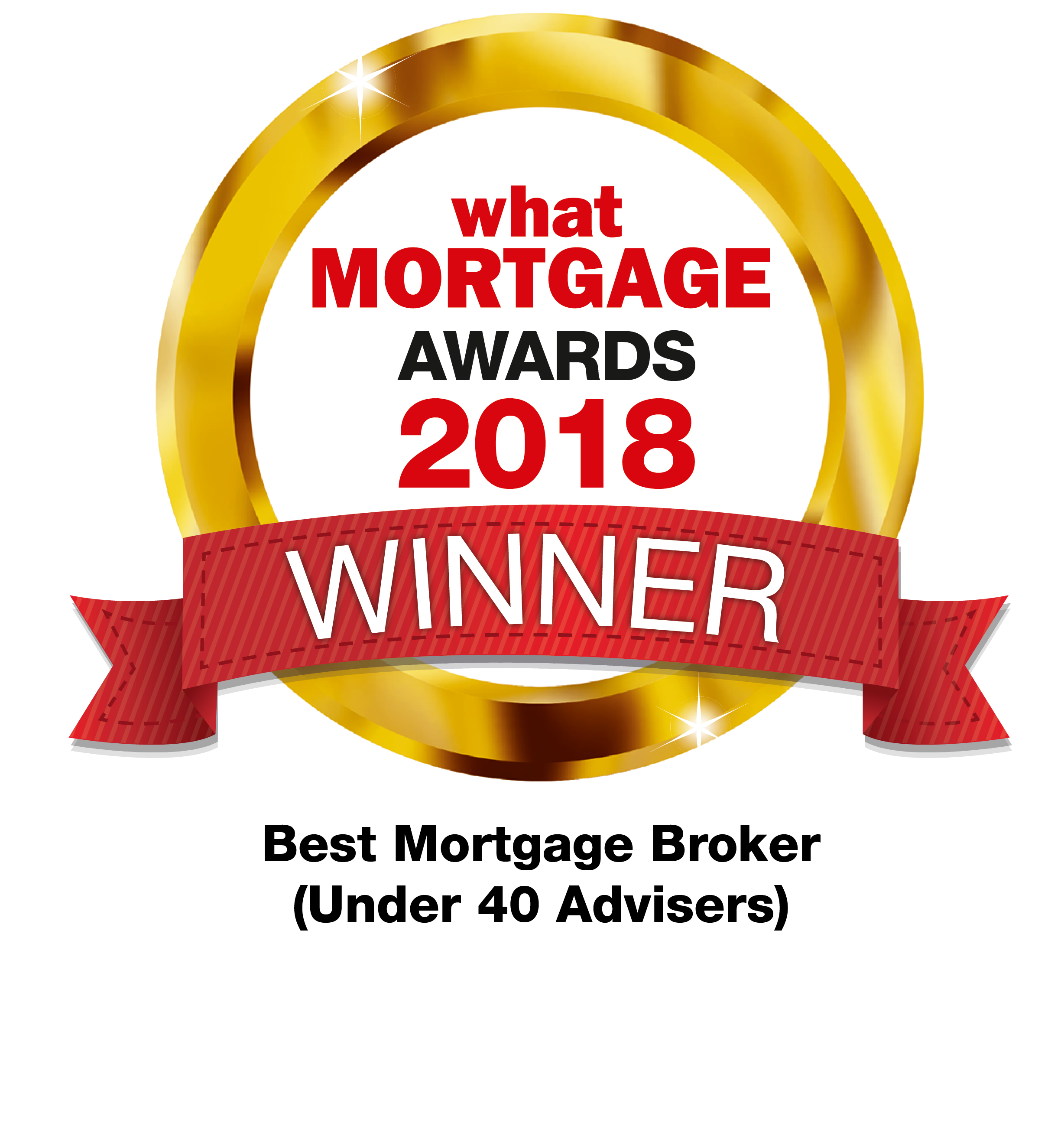[col type=”one-third”]

Our property investment expert is Jeni Browne, Sales Director at
Mortgages for Business
www.mortgagesforbusiness.co.uk
Tel: 0345 345 6788





[/col]
[col type=”two-third last”]
Question
Going green: Help needed with mortgage options
I am thinking of entering the buy-to-let market and I have been looking at potentially getting a ‘green’ mortgage. I am very environmentally conscious and want to do the right thing by ensuring my property is energy efficient and I understand there may be specific products to help me with this.
Firstly, what must my property have to include in order to comply with high energy performance ratings? Secondly, how do I go about getting this specialist mortgage?
Answer
Green buy-to-let mortgages are available for properties with a minimum EPC rating of C. How you achieve an A to C rating depends on the property and the recommendations made to improve energy efficiency.
EPC reports are available when a property goes up for sale, and you can view them for free online. They include recommendations and estimated costs to use as a guide; sometimes, they’re not completely accurate, so do keep this in mind.
Generally, ‘green’ mortgages have lower interest rates as the incentive and some have additional incentives like planting a tree too! However, these are not necessarily the lowest on the market, so you may still be better off with a standard buy-to-let mortgage.
I expect as more lenders enter this market, the more competitive the pricing will become. For now, I’d advise you to speak to a broker who can find the most appropriate deal for you.
[hr style=”single”]
Question
Accidental landlord – I don’t know what I am doing
I hope you can help me. I think I have become what is known as an ‘accidental landlord’ and would value some advice.
My partner and I have decided to move into together and her flat is much more spacious as well as being more convenient for work – so it’s a total no-brainer that I move there.
This leaves my flat – it’s a one-bed apartment in old tenement block in south London and I have been told I could rent it out for £1.5k a month! This is much, much more than my mortgage.
The problem is I am a bit nervous about becoming a landlord and before I really commit to becoming a landlord I would like to know how hard it is to make the switch from having a residential to buy-to-let property and if it will involve lots of legal documents and paperwork.
Answer
From a mortgage perspective, you have two options here. Remortgage onto a buy-to-let mortgage, or ask your existing lender to permit you to rent out your property.
Look at both options; the latter will definitely be easier and cheaper but may only be a temporary fix if your lender stipulates a time period.
As a landlord myself, my other advice is to get a lettings agent to fully manage the property. They do charge, but they can also deal with all the legalities and regulations, which means you won’t miss something! Good luck!
[hr style=”single”]
Question
Can I get a buy-to-let mortgage if I am self-employed?
I have been running a very successful cleaning business for the past five years and I have to say, it’s been the best move I have made. I love being self-employed.
I have managed to gain a number of contracts with local landlords and agents who employ our services to do ‘end of tenancy’ cleans and chatting to these lovely people, as well as seeing how great some of their tenants are, has planted a seed.
I am now thinking of purchasing a buy-to-let! The problem is, because my husband and I are self-employed (he’s an electrician) will this work against us in our mortgage application? We both have over five-years of accounts and bags of enthusiasm. What do you think?
Answer
Being self-employed shouldn’t be an issue at all! Lenders typically want at least two years of accounts. As long as you’ve got a deposit, it’s definitely worth a go. Good luck!
[hr style=”single”]
Question
Assessing the costs associated with a buy-to-let mortgage
What financial elements will a mortgage lender take into account when they assess my buy-to-let mortgage application?
The reason I ask is because I am researching becoming a landlord and understand there are lots of costs involved. Will these costs – letting agent fees, tax, stamp duty – be considered by a lender and do I need proof they can be covered by the rent/my own assets? Also how do I obtain evidence of yield?
Answer
When lenders calculate affordability for buy-to-let mortgages, they primarily consider the property’s gross rental income. A surveyor will confirm this figure during the valuation.
The expectation is that the rent will have a sufficient surplus above the mortgage repayments to cover the property’s ongoing “running costs” and tax. You’ll need to pay upfront charges, such as stamp duty, out of your own cash reserves.
[hr style=”single”]
[/col]










 Buy-to-let
Buy-to-let









